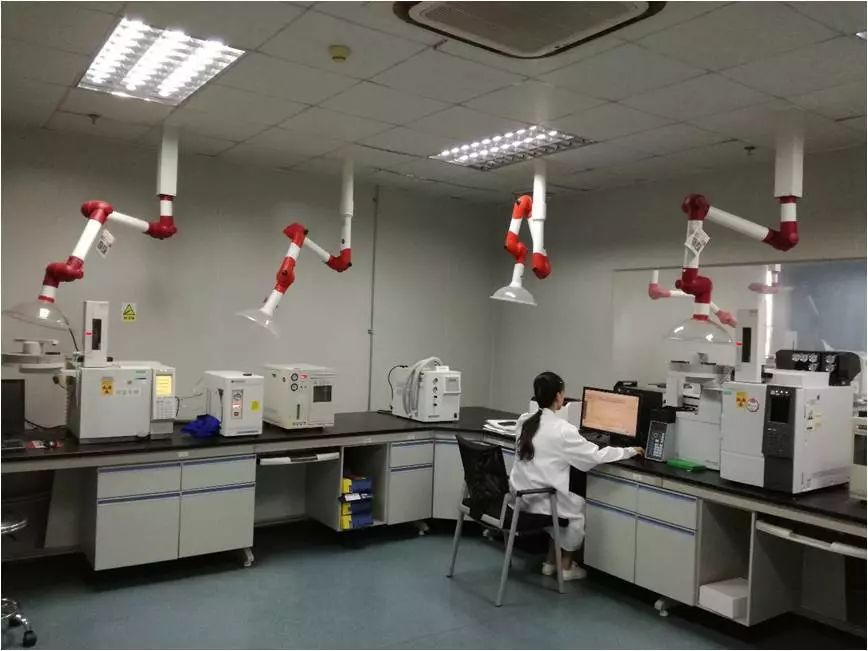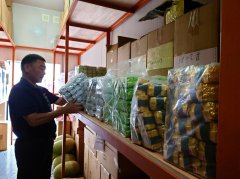Japan Agrochemical Industry Association refutes the report that Japanese tea pesticides exceed the standard in Modern Weekly.
The Agrochemical Industry Association refuted the eight contents of the Weekly article and explained its point of view.
The first point is the description of the residual pesticide content in the article, "We should not be vigilant just because it is lower than the domestic residue standard value." The standard value of pesticide residues in Japanese tea is currently the highest in the world. " If you look at the "Pesticide residue Standard Information of other countries" published by the Ministry of Agriculture, Forestry and Fisheries, you can see that the regulations on pesticide residues in Japan are much looser than those in foreign countries. " Pesticide residue standards are set to daily intake (ADI:Acceptable Daily Intake) and temporary (within 24 hours), and it is estimated that there will be no adverse effects on their health even if they are taken daily for the rest of their lives. The Food Safety Committee has established an intake (ARfD:Acute Reference Dose) that does not have an adverse effect even if consumed in large amounts, and the estimated intake of pesticides determines these ADI and ARfD. Residue standards are set for each food so that they do not exceed them. " In addition, "when comparing pesticide residue standards separately, Japan and other countries have different climate (hot and humid, etc.) and pest species, and different pesticide use and inspection sites (brown rice and rice, etc.). Therefore, the standard value may vary from country to country or region. " In addition, if we only look at the standard value of pesticide residues, there are cases where Japanese standards are higher, and there are cases where foreign or international standards are higher, because the standard values vary from crop to crop because of different usage. "

In addition, as the second point, in the article, as one of the new nicotine insecticides, the standard value of furosemide is 2500 times that of Japan and 2500 times that of Europe. The association said, "even if the compounds are the same, in countries that are not registered as pesticides, risk assessment can be omitted and residue standards can be set uniformly.
In addition, with regard to the effects on nerves, "neonicotine is an insecticide that attacks the nervous system of insects. The nervous system structure of insects and humans does not change. Therefore, after ingestion of tea, it is effective for humans. However, it is thought to cause brain and mental illness. Symptoms include depression, short-term memory disorder and hyperactivity disorder. In addition, it is worried that maternal intake may lead to fetal brain development disorders. Contrary to the content, "developmental nerve" has been developed to test the effects of pesticides on the developmental nervous system of fetuses or young children with higher accuracy and detectability than the three conventional testing methods. It was explained that when the guidelines were revised on 1 April 2019, the toxicity test method made it clear that if a developmental neurotoxicity test was considered necessary based on the results of other toxicity tests, such as neurotoxicity and reproductive toxicity, then the test is necessary. ... For the major new nicotine pesticides used in Japan, the results of developmental neurotoxicity tests have been submitted to the Food Safety Committee for evaluation, extensive toxicity tests have been carried out, and safety assessments have been carried out for children and pregnant women taking into account the impact. Safety has been confirmed. "
In addition, with regard to the standard of pesticide residues, "although it is not known, tea is not cleaned at all after picking and directly steamed into the tea-making process." The tea made in this way is put in hot water. Oh, the tea you drink. In other words, drinking tea sprayed with pesticides is like drinking pesticides. " Using "brewed tea" made from pesticide-sprayed tea as an analytical sample, it is asserted that "food eaten and consumed within the residue standard range will not cause any health problems".
- Prev

Darjeeling black tea production in India has plummeted by 90%. Tea prices may soar.
Darjeeling black tea, one of the three largest black teas in the world, has recently been greatly affected by the sudden outburst of local races and a general strike, including a 90% drop in tea production in June, which has a great impact on the global tea market. Foreign media reported earlier that East India
- Next

Let you drink to the "fresh" tea farmer Xu Ruilin in Qilai Mountain, who smashed millions of dollars in the freezer and upgraded.
Spring tea in 2021 has been put on the market one after another, and this year, due to the reduction of water shortage and the epidemic, it has been reported that some tea farmers have suffered a big blow! In contrast, Xu Ruilin, a tea farmer from Qilai Mountain, was not affected at all because he had already prepared a secret weapon-"professional refrigeration equipment."
Related
- A one-day flower show brings 130 million yuan in orders! Nanhai, this Phalaenopsis exhibition is amazing
- What do the flower language and meaning of Lutheran tree mean? Precautions for planting Lutheran tree
- Encounter Chaoshan Kongfu tea, not without this cup of Phoenix single clump
- The durian market in Vietnam and Thailand is flooded. The price of imported durian has plummeted by 30-40% in a month.
- Shanghai solved the problem of local vegetable supply by planting 80,000 mu of green leafy vegetables.
- Wageningen University has become the best agricultural university in the world for the seventh time in a row.
- The strongest export season of South African grapes is full of challenges, with exports to Russia falling sharply by 21%.
- Sri Lanka is on the verge of bankruptcy, "Tea for debt" Organic Agriculture Revolution aggravates the Food crisis?
- Turning waste into earthworm manure and worm manure into organic fertilizer-A new choice for auxiliary farming
- Organic rice growers shoulder the responsibility of nurturing agricultural talents! Yinchuan Sustainable Farm with Organic Life Camp

